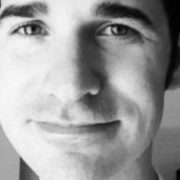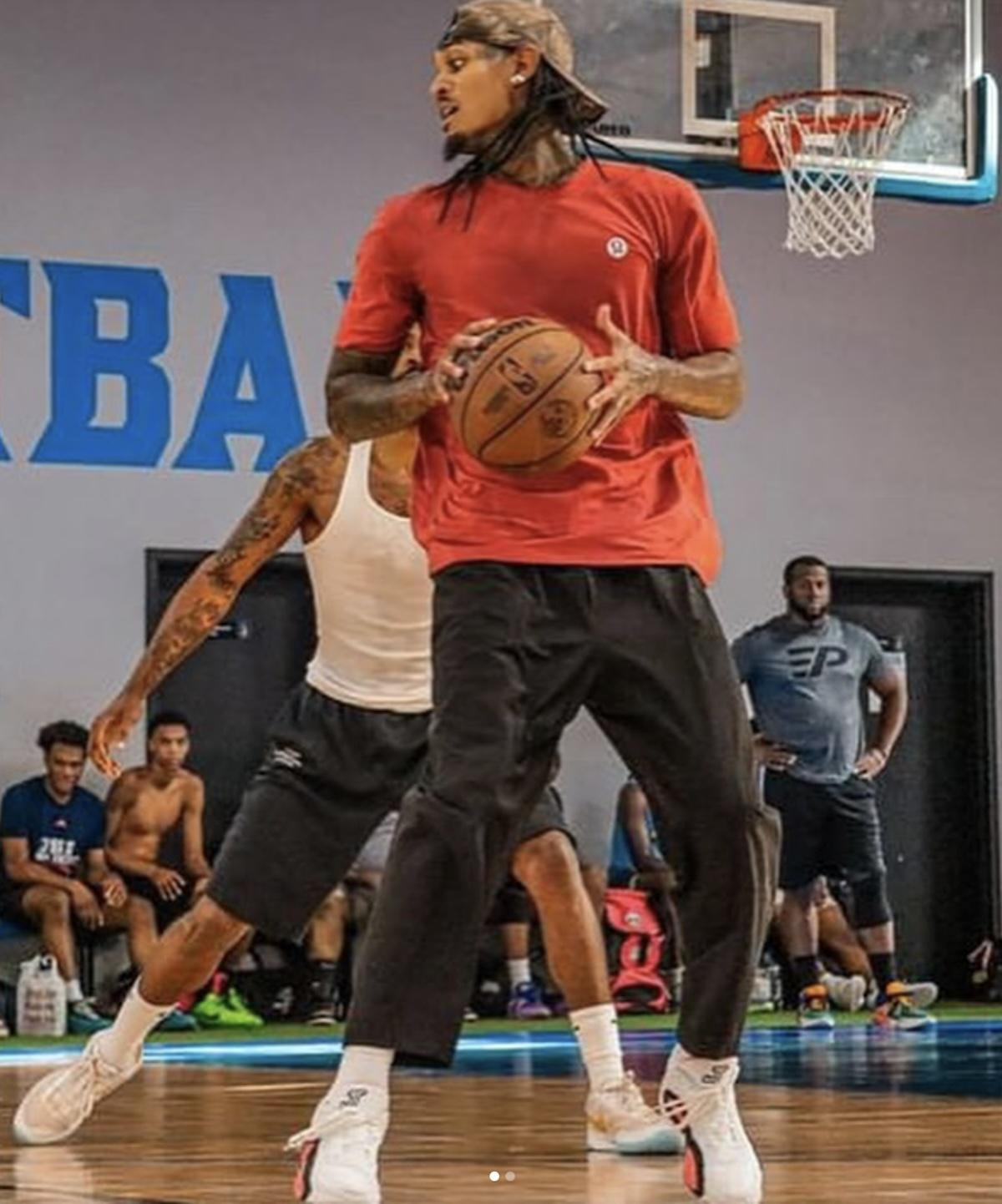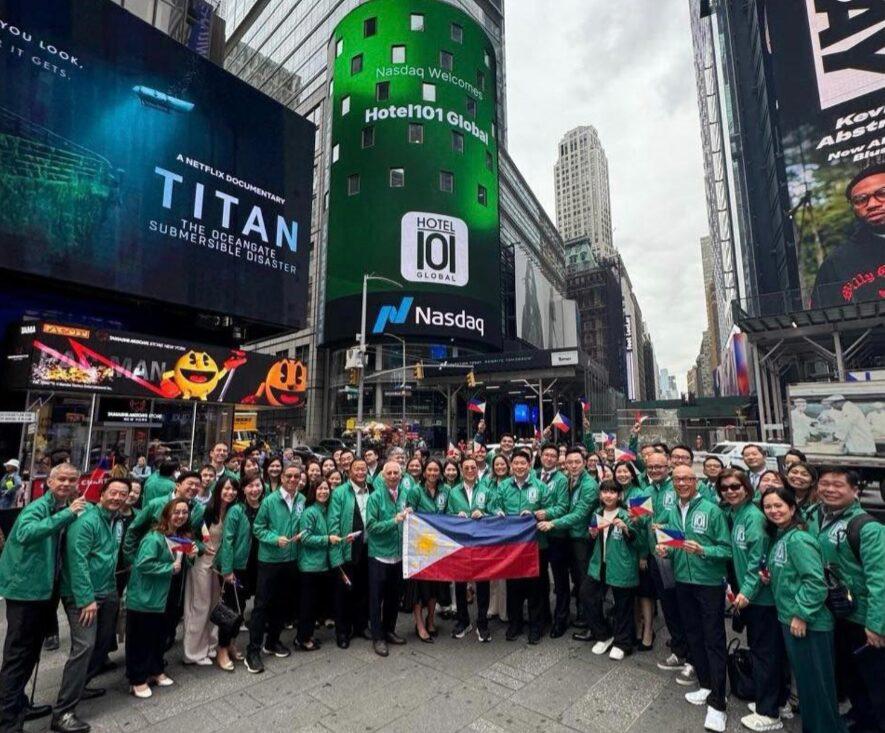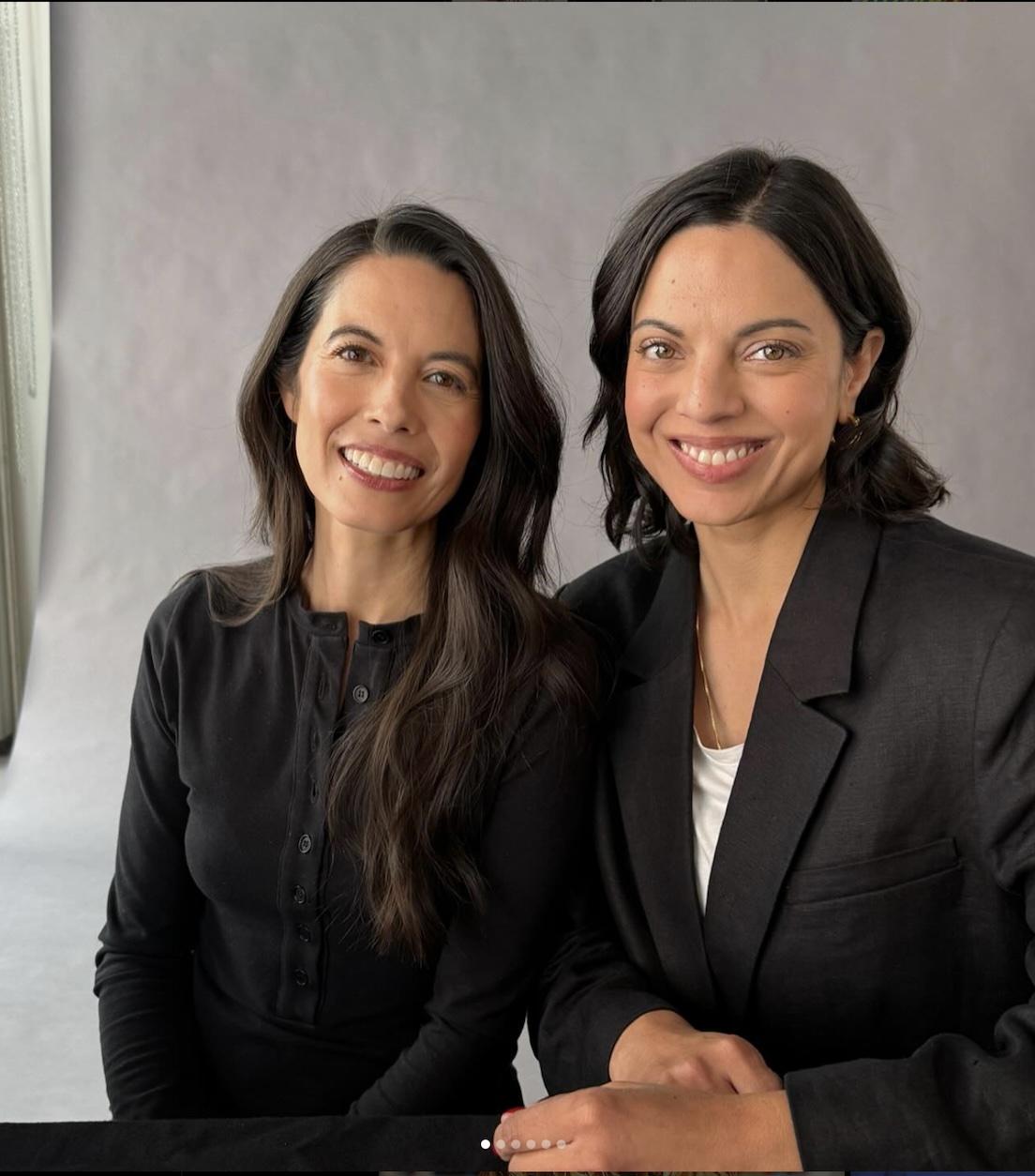Nurses in Dallas free of virus
THE war on Ebola continues with a new case, this time in New York City.
Doctor Craig Spencer was working with the organization Doctors Without Borders, treating Ebola patients in Guinea. He came back to the US on Oct. 17, arriving at John F. Kennedy International Airport and exhibiting no signs or symptoms of the virus. On Thursday, Oct. 23, he reported a fever, nausea, pain and fatigue, and was immediately checked-in at New York’s Bellevue Hospital, one of eight hospitals designated as part of an Ebola preparedness plan.
That evening, the 33-year-old doctor tested positive for the virus, making him the fourth person diagnosed with Ebola in the United States.
Spencer is currently being treated in isolated intensive care, where he is reported in “stable condition.” He had gone for a jog, rode the city subway, and went bowling the night before he reported symptoms. The physician’s Manhattan apartment has been isolated and his contacts, including his fiancée and two friends, are already being monitored.
“We want to state at the outset there is no reason for New Yorkers to be alarmed,” said Mayor Bill De Blasio. “Ebola is very difficult to contract. Being on the same subway car or living near someone with Ebola does not put anyone at risk.”
Dr. Mary Travis Bassett, health commissioner for New York City, said that Spencer left for West Africa in mid-September and completed his work with Doctors Without Borders on Oct. 12. He left the epidemic-stricken region two days later via Brussels, Belgium. He exhibited no symptoms during the trip or anytime afterwards until the morning of Oct. 23. He had been checking his temperature twice a day.
“The chances of anyone contracting the virus from contact with Spencer were ‘close to nil’,” Bassett said.
“We are as ready as one could be for this circumstance,” said New York Gov. Andrew Cuomo, adding that the situation is different from what happened in Texas, where a Liberian man was diagnosed and died from Ebola, and two nurses who treated him later contracted the virus.
Spencer’s employer, Columbia Presbyterian Hospital in New York, said that the doctor was “a committed and responsible physician” and “a dedicated humanitarian” who went to “an area of medical crisis to help a desperately underserved population.” He had not been to work since his return from overseas.
Spencer posted a Facebook photo of himself in protective gear before leaving on his medical mission. “Off to Guinea with Doctors Without Borders (MSF)!” he wrote on his wall. “Please support organizations that are sending support or personnel to West Africa, and help combat one of the worst public health and humanitarian disasters in recent history.”
A specimen from Dr. Spencer has been sent to the Centers for Disease Control and Prevention (CDC) headquarters in Atlanta for testing. Concerns about the Ebola virus—which has already killed nearly 5,000 in West African countries like Liberia, Sierra Leone, and Guinea—have grown since multiple cases have appeared within US borders.
The CDC has also announced that starting Monday, all travelers coming to the US from Ebola-affected areas must report symptoms and will be actively monitored for 21 days. US-bound passengers must also land in one of the five US airports with enhanced screening for Ebola: New York’s John F. Kennedy International, Newark Liberty International in New Jersey, Washington Dulles, Chicago’s O’Hare International, and Hartsfield-Jackson International in Atlanta.
Meanwhile, both of the affected Dallas nurses who treated Thomas Eric Duncan, the Liberian man who died earlier this month from the virus, recently tested negative—marking six out of seven people total who were treated in the US and recovered.
Nurse Amber Vinson fully recovered just nine days after diagnosis. Nina Pham, a 26-year-old nurse from Dallas and the first patient to contract Ebola on US soil, was officially declared free on Friday, Oct. 24. She met with President Obama in the Oval Office of the White House, following her release from a National Institutes of Health hospital in Bethesda, Md.
“I do not know how I can ever thank everyone enough for their prayers and the expressions of concern, hope and love,” she told reporters outside the treatment hospital. “I believe in the power of prayer because I know so many people all over the world have been praying for me.”
(With reports from NBC News, CNN, and CDC Newsroom)
(www.asianjournal.com)
(LA Weekend October 25-28, 2014 Sec. A pg.1)







